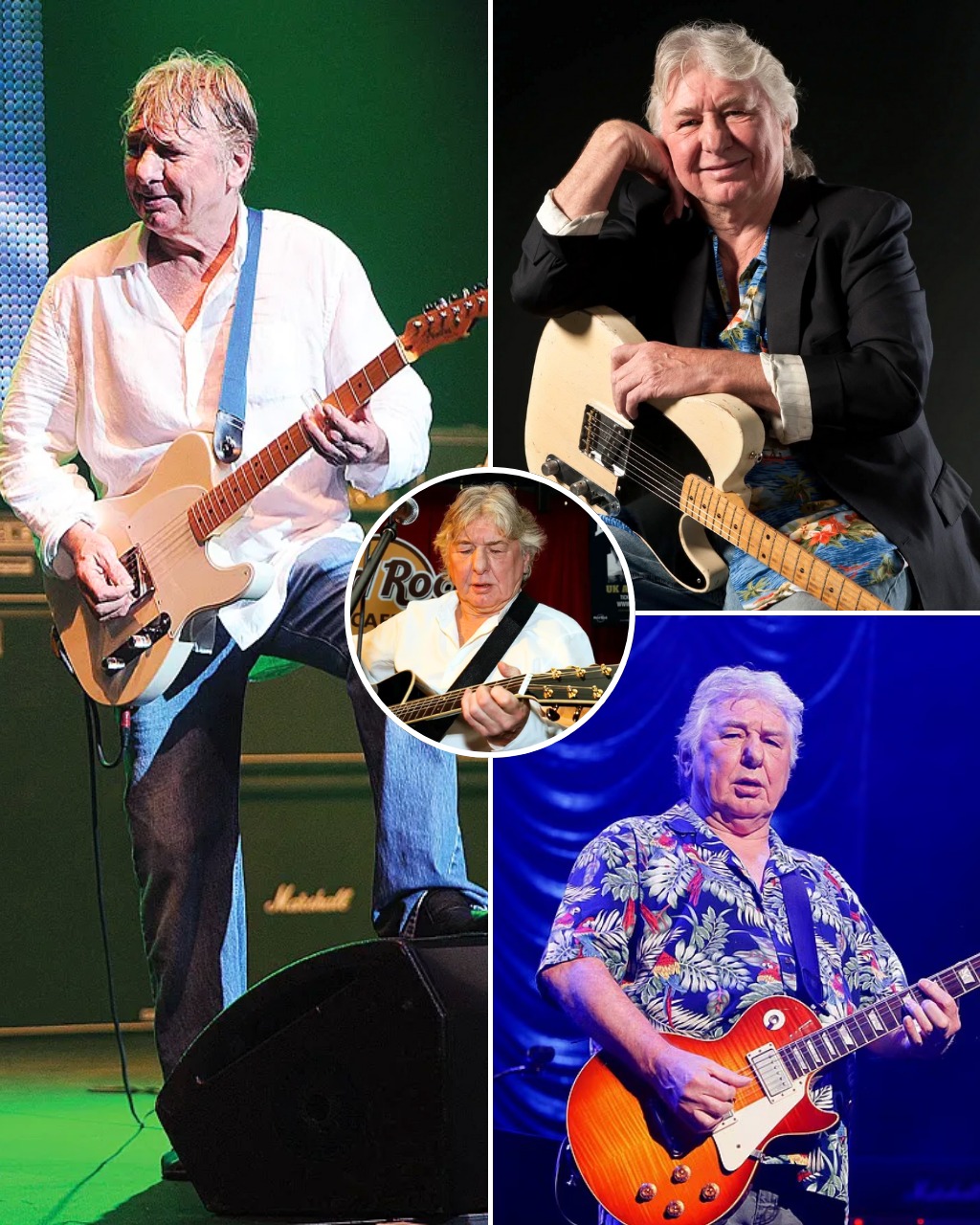Keith Richards has never been shy about sharing his opinions—often sharp, occasionally harsh, but always rooted in his deep connection to the roots of rock and blues. Coming from an era that shaped the very foundation of modern rock music, Richards developed a profound understanding of authenticity, something he believes is non-negotiable in the art form.
While the Rolling Stones were often under scrutiny—be it constant comparisons to The Beatles or critiques of their rhythm and blues stylings—Richards always stood firm in his belief that true rock ‘n’ roll wasn’t about polish or perfection. The Stones were about grit, chaos, and raw freedom, rejecting the squeaky-clean image that some of their peers embraced. In the eyes of Richards, that’s what made the band a necessary force in music.
But as the 1970s rolled around, the rock landscape began to shift. A new breed of bands emerged, bringing a more theatrical, sometimes overly produced approach to the genre. One of the leading names in this new wave was Led Zeppelin—a band that, despite their technical brilliance, didn’t quite sit right with Richards.
To Richards and others from the ’60s revolution, Led Zeppelin symbolized a backward step. Rather than moving rock forward, he felt they were crafting something that felt manufactured—tailored to a specific moment, rather than breaking new ground. Still, even in his criticism, Richards couldn’t completely dismiss the group. There was one redeeming quality he always acknowledged: Jimmy Page.
While Richards often slammed Led Zeppelin as a band, calling them musically stagnant and overly bombastic, he consistently praised Page as a guitarist. Speaking to Rolling Stone, he said, “I love Jimmy Page, but as a band, no. With John Bonham thundering down the highway in an uncontrolled 18-wheeler… he had cornered the market there. Jimmy is a brilliant player. But I always felt there was something a little hollow about it.”
That lingering sense of “hollowness” stuck with Richards—something about Zeppelin didn’t resonate with him emotionally. Maybe it was the lack of soul, the over-reliance on power, or just the sense that their music felt more calculated than spontaneous. But Page, in Richards’ view, managed to elevate what he saw as an uninspired band and make them sound extraordinary.
Even if Richards never respected Led Zeppelin as a unit, he always saw magic in Page’s playing. To him, it was a rare case of one musician keeping an entire project afloat—a kind of quiet brilliance that made everything else seem a little more alive.





